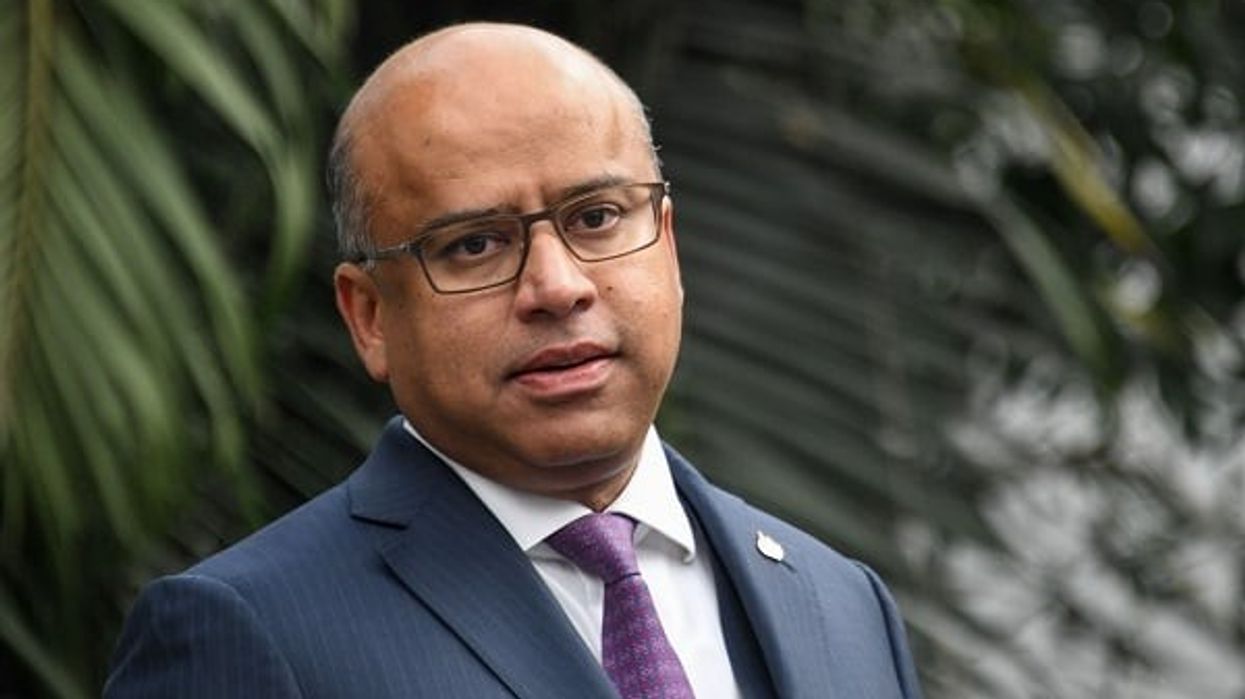STEEL tycoon Sanjeev Gupta is racing against time to prevent his UK operations from collapsing, as court proceedings threaten to shut down two major plants employing nearly 1,500 workers, reports said.
The Asian businessman's company, Speciality Steel UK, appeared before the High Court on Wednesday (21) facing a winding-up petition that could force the business into liquidation. The legal action was brought by suppliers who claim they are owed substantial sums of money.
In a dramatic courtroom development, Gupta's legal team secured a crucial delay until mid-July after revealing that a mystery investor had emerged with potential interest in purchasing the struggling operation.
Barrister Daniel Judd told Judge Sebastian Prentis that "urgent meetings have been taking place" with this unnamed third party.
The reprieve provides breathing space for Gupta to negotiate a rescue deal for his factories in Rotherham, South Yorkshire, and Bolton, Lancashire. These sites produce specialised steel products for critical industries including aerospace, automotive, and energy sectors.
A company spokesperson said discussions with creditors continue, stressing their commitment to maintaining operations and protecting jobs at both facilities.
Should the rescue talks fail, the government may step in to nationalise the plants, which politicians have branded as "strategic national assets." However, ministers would only consider such intervention after the company enters formal insolvency proceedings.
This latest crisis comes just weeks after the government intervened to save British Steel, taking control of the larger steelmaker amid disputes with its Chinese owners over planned closures at the Scunthorpe facility.
Gupta had previously approached Whitehall seeking emergency support using similar legislation, but government sources confirmed his requests were rejected. This marks the second time ministers have declined to bail out his operations, having also refused assistance during the pandemic.
The current troubles stem from the collapse of Greensill Capital in 2021, a finance company that had been closely linked to Gupta's business empire. The failure left his conglomerate, known as GFG Alliance, struggling to secure funding across its global operations spanning steel, energy, and trading.
A restructuring proposal that would have forced creditors, including tax authorities, to write off significant debts was abandoned last week after failing to gain support. The plan had been designed to keep the business operating whilst addressing its financial difficulties.
Gupta built his reputation as a saviour of the steel industry, acquiring troubled plants worldwide and promising to revive their fortunes. His empire employs over 30,000 people globally, with operations across England, Scotland, and Wales.
However, his business activities have faced scrutiny since 2021, when the Serious Fraud Office launched an investigation into his empire. The company has said it is cooperating with authorities.
The steel industry has faced mounting pressures from rising energy costs and competition from cheaper overseas imports, affecting profitability across the sector.





